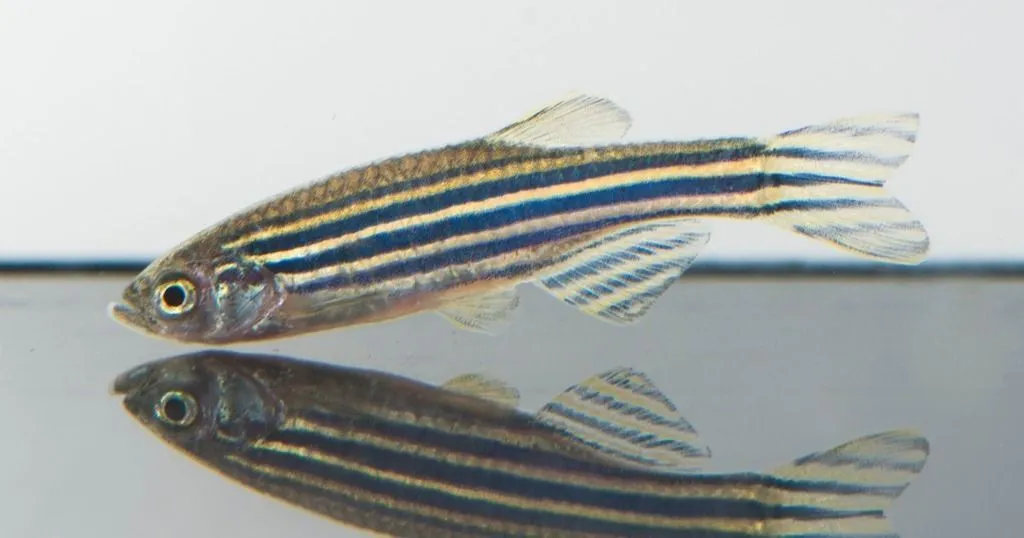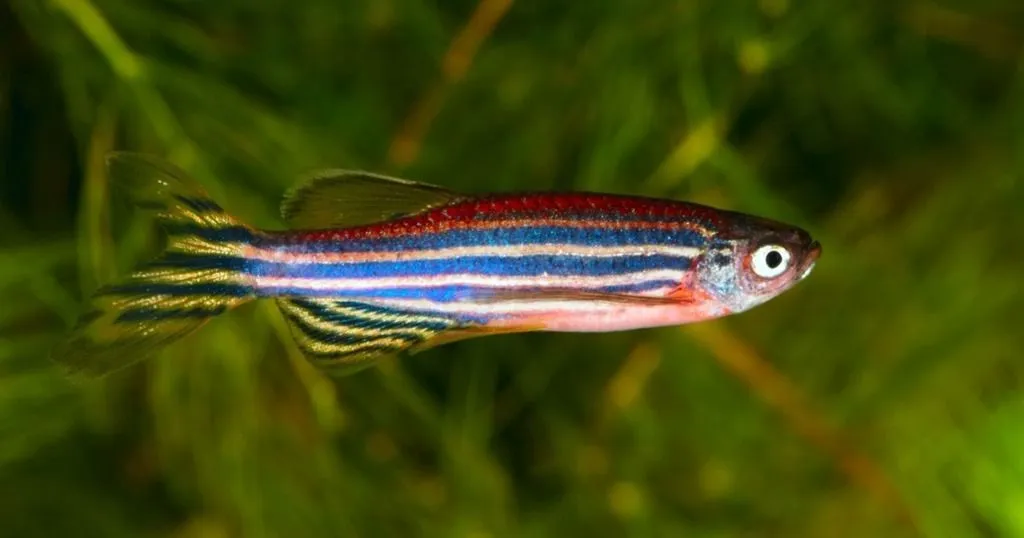Behavioral Research Blog

20 Feb
human behavior research
Healthcare
Operating room layout: impact on work patters and flow disruptions
With use of prerecorded videos of surgeries, researchers examined the impact of the layout of an OR on work patterns and flow disruptions of a circulating nurse.

13 Feb
animal behavior research
Other (Animal)
A new rat model for neonatal white matter injury
Preterm birth is a major problem in neonatal healthcare. Erik van Tilborg developed a new animal model to closely mimic this clinical situation, an important step in finding new treatment options.

01 Feb
animal behavior research
Other (Animal)
Exercise vs anabolic steroids: a rat study
A recent study shows that the use of anabolic steroids diminishes the positive effects of exercise in rats.

09 Jan
animal behavior research
Zebrafish Research
Knockout of Down syndrome gene in zebrafish leads to autistic-like behaviors
Knockout of Down syndrome gene in zebrafish leads to autistic-like behaviors: Though earlier knockout models in mice failed, researchers have developed a successful zebrafish model.

20 Dec
animal behavior research
Alzheimer’s and Parkinson’s
Putative neurorestorative drug for Parkinson’s disease tested in zebrafish
About zebrafish and their important role in finding a cure for Parkinson’s disease.

18 Dec
human behavior research
Psychology
How to study communication in young children
If you are born profoundly deaf, it is very likely that modern technology in the form of cochlear implants can improve your hearing.

13 Dec
human behavior research
User Experience
Buying a travel pillow: do our experiences make our expectations come true?
During a long flight, it is often tempting to take a nap in the airplane seat. Which travel pillow offers you the most comfort for this?

07 Dec
animal behavior research
Zebrafish Research
Strain differences in zebrafish behavior and physiology
A zebrafish is not just a zebrafish. Strain differences in zebrafish behavior and physiology.

30 Nov
human behavior research
Consumer
How innovative solutions advance your behavioral research
Good behavioral research requires good methods, and good tools. Three Noldus customer stories display how innovative solutions have advanced their behavioral research.
21 Nov
animal behavior research
Other (Animal)
Tracking chickens: A promising approach for identifying feather-peckers
Manually observing chickens in barns is a tedious job to which ultra-wideband tracking offers a solution. But does it interfere with normal behavior?